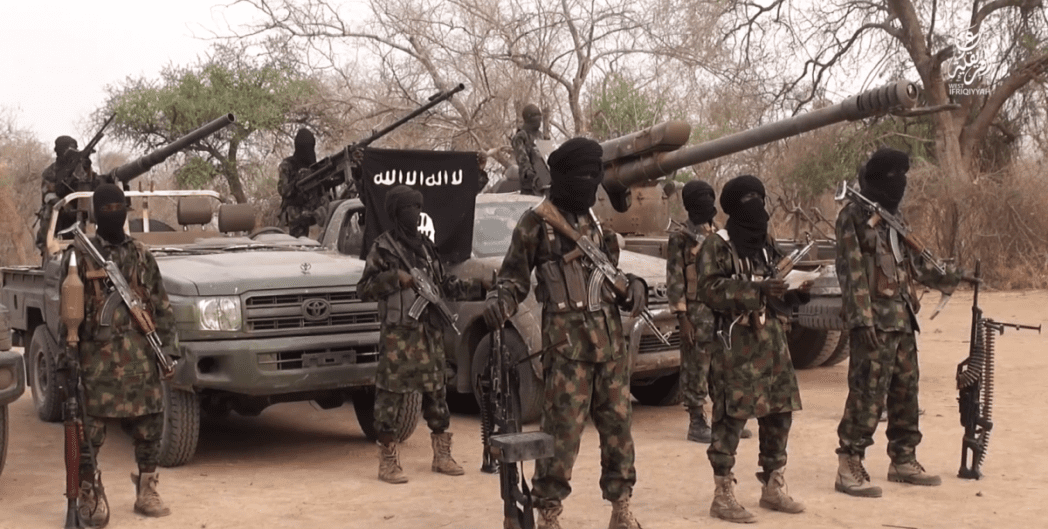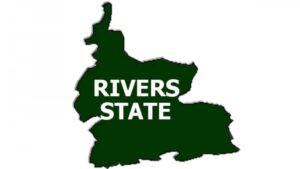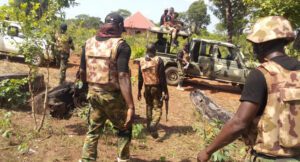
Unmasking Boko Haram’s financiers
The recent claim by U.S. Congressman Scott Perry that funds from the United States Agency for International Development (USAID) have been channelled to terrorist groups such as Boko Haram, ISIS, and Al-Qaeda has reignited widespread concern and demands for a thorough investigation.
While U.S. Ambassador Richard Mills has dismissed the allegation, stating there is no evidence to support it, Perry’s remarks have fuelled longstanding fears in Nigeria about foreign involvement in funding terrorism. His statements, made before the Subcommittee on Delivering on Government Efficiency, have renewed questions about the origins of Boko Haram’s financing over the past 15 years.
Perry’s claim aligns with previous concerns raised by Nigeria’s Chief of Defence Staff (CDS), General Christopher Musa, who has repeatedly pointed to foreign funding as a key factor in sustaining terrorism in Nigeria, particularly in the north-east. He has highlighted the discovery of foreign currencies among captured or surrendered Boko Haram militants and raised concerns about international NGOs leasing properties in conflict zones, potentially in anticipation of prolonged unrest.
Unsurprisingly, the Nigerian government and lawmakers have now called for an investigation into these allegations. The National Assembly has summoned intelligence and security agencies for a briefing—a welcome step that must be pursued with the utmost seriousness and transparency. These claims must not be ignored or dismissed, as they have significant implications for national security.
It is also worth recalling the U.S. Department of the Treasury’s 2022 report, which identified financial networks supporting Boko Haram. That same year, six Nigerians were convicted in the UAE for raising funds for the group, yet the identities of other suspected financiers remain undisclosed, and their prosecution status is unclear.
Nigeria’s investigation must not be limited to USAID. While scrutinising its operations is valid, the government should also examine other international organisations working in the country. Some may inadvertently, or even deliberately, be providing cover for espionage or indirect support to terrorist groups. A thorough and impartial inquiry is essential to exposing any hidden funding networks that sustain Boko Haram’s insurgency.
As General Musa has rightly stressed, financial support is crucial for terrorist organisations. Cutting off these funding channels is key to their defeat. Nigeria must therefore strengthen its financial intelligence capabilities and collaborate more effectively with international partners to track and block illicit financial flows.
This investigation is an opportunity for the Nigerian government to prove its commitment to transparency and accountability. The National Assembly must ensure the process is open and delivers clear answers to the Nigerian people. Anything less would undermine public trust in the nation’s counterterrorism efforts.
Additionally, lawmakers must demand clarity from the previous administration regarding the terror financiers identified by UAE authorities and ensure they are prosecuted. The government must also intensify its oversight of international and local NGOs to ensure they are not complicit in sustaining terrorism.
The fight against Boko Haram cannot be won without dismantling its financial networks. Nigeria must adopt a coordinated, proactive approach, leveraging both domestic and international resources to eliminate these funding streams. Only by severing the financial lifelines of terrorist groups can the country achieve lasting peace and security.
A transparent and comprehensive investigation is not just necessary—it is imperative for Nigeria’s future stability.




